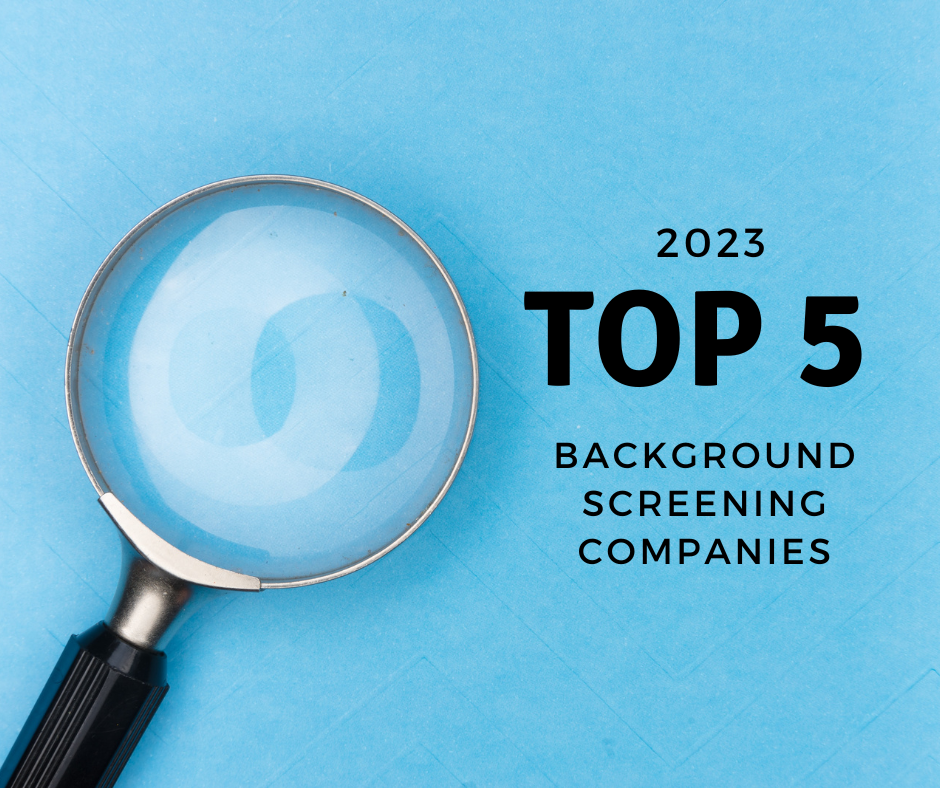In today's fast-paced hiring environment, modernizing the adjudication process is more than a convenience; it's a necessity. As businesses strive for efficiency and fairness in their hiring practices, the need for a streamlined adjudication process has never been more evident. Here, we explore best practices that can help organizations enhance their hiring processes, ensuring they're not only quicker but also unbiased and compliant with relevant laws.
Understanding Adjudication in Hiring
Before diving into best practices, it's important to clarify what adjudication means in the context of hiring. Adjudication refers to how a company reviews background checks against its hiring policies to decide on a candidate's suitability. This process can significantly delay hiring if not done efficiently and could potentially expose the company to legal risks if not done fairly.
Best Practices for an Optimized Adjudication Process
- Review Company Policies Regularly: Adjudication rules should align with applicable laws and industry standards, including Ban the Box laws, which dictate when you can ask about criminal history. Regularly reviewing these policies ensures compliance and reflects current legal and ethical standards.
- Leverage Technology for Efficiency: Modern adjudication tools can significantly reduce the time spent on the process, providing more consistent results across candidates. By utilizing technology, the risk of human error is reduced, and the guesswork associated with manual processes is eliminated.
- Automate Where Possible: Automating certain adjudication steps, such as the adverse action process, can improve efficiency by generating candidate notifications and managing mandatory waiting periods, reducing manual workload.
- Incorporate Fairness and Bias Reduction: Implement practices that consider the role relevance of any criminal records and filter out information that is not pertinent to the job. This reduces unconscious bias and ensures a more equitable hiring process.
- Maintain Transparency with Candidates: Giving candidates a voice to provide context about their records can lead to more informed decisions. This approach supports fair chance hiring and maintains a respectful dialogue with potential hires.
- Educate Your Adjudicators: Ensure that adjudicators are well-informed about the terms used in criminal background checks and understand the company's policies. Consistent education and communication lead to more uniform and fair adjudication.
- Be Mindful of Disparate Impact: Automatically disqualifying candidates with criminal convictions can disadvantage protected classes under the Civil Rights Act of 1964. An individualized assessment is crucial to avoid potential legal liabilities and promote fair hiring practices.
- Focus on Individualized Assessments: Consider the "nature-time-nature" test, assessing the nature and gravity of the offense, the time elapsed, and the nature of the job. A personalized approach to each case ensures a candidate is not unfairly disqualified.
By integrating these best practices into your adjudication process, you can achieve a balance of efficiency and fairness that will streamline your hiring practices while respecting the rights of candidates. A modern approach to adjudication is not just about quick turnaround times; it's about building a trustworthy, compliant, and inclusive hiring system. Remember to always consult legal counsel regarding compliance responsibilities to ensure that your adjudication process is up to par with legal standards and industry best practices.



